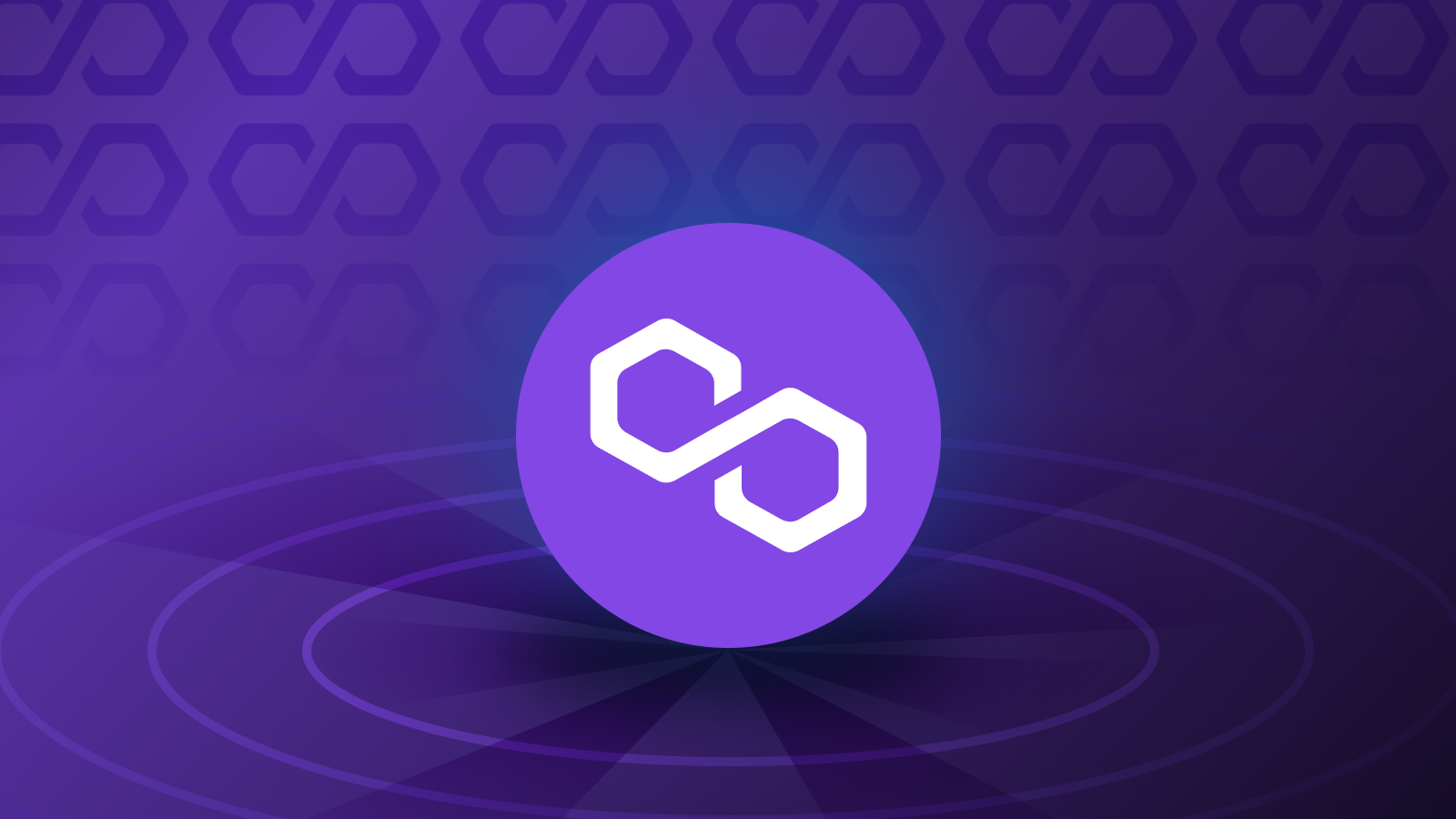ARTICLE AD BOX

- NRW.BANK, Germany’s largest regional development bank, has issued a €100 million digital bond using the Polygon blockchain.
- By building on Polygon, this move shows that blockchain technology is finally catching up to the real-world needs of financial institutions.
Germany’s NRW.BANK, the public development bank for North Rhine-Westphalia, has just taken a major leap into the future of finance. On July 10, the announcement was made via Polygon’s official X account that the bank successfully raised €100 million through its first-ever blockchain-based bond.
This two-year digital bond will mature in July 2027 and was issued on the Polygon Proof-of-Stake network, under Germany’s Electronic Securities Act (eWpG). That means no paper certificates were needed, everything was fully digital, marking a first for NRW.BANK is a big moment for tokenized finance in Europe.
By choosing Polygon, an Ethereum layer-2 scaling solution known for making transactions faster and cheaper, NRW.BANK is tapping into one of the most efficient platforms available. With Polygon clocking over 1.2 billion transactions in 2024 alone, it’s clear they’re betting on both speed and scale.
If more banks follow suit, this could fundamentally change how bonds and other financial instruments are issued and traded in the future.
“This is more than a technical milestone. It’s a signal that public financial institutions are ready to move beyond blockchain pilots and start integrating these systems at scale,” Michael Duttlinger, CEO of Cashlink, stated.
To bring this blockchain-based bond to life, NRW.BANK partnered with Cashlink Technologies, a BaFin-licensed crypto securities registrar that handled the official registration. Institutional investors, like Deutsche Bank, DZ BANK, and DekaBank, were all part of the deal, acting as joint lead managers, which shows just how seriously the financial world is taking this shift.
This was made possible thanks to Germany’s Electronic Securities Act (eWpG), a law passed in 2021 that created a legal pathway for digital securities. It’s a regulatory green light for financial institutions to start experimenting with tokenized assets, and clearly, the market is starting to respond.
While tokenized securities still represent a small slice of the overall financial pie, initiatives like this are slowly but surely paving the way for broader adoption.
Polygon Elevates
Polygon’s role in NRW.BANK’s blockchain bond comes at an important time for the network. Just yesterday, Polygon completed a technical upgrade, Heimdall 2.0.
As noted in our earlier post, this new consensus layer aims to drastically reduce finality time to just five seconds, making the network faster, more secure, and far less prone to chain reorganizations. In short, it’s about delivering a smoother experience for users and making cross-chain interactions safer and more efficient.
Adding to this, Polygon Labs also revealed a new partnership with Agora and the AUSD stablecoin network. AUSD has now been named the primary stablecoin within AggLayer, Polygon’s interoperability layer, meaning users can move value between different chains in the ecosystem without needing to go through complicated bridging steps.
The market has responded well to all this progress. Polygon’s native token, POL, has jumped 29.39% over the last week and surged by over 12% in the past 24 hours alone, now trading around $0.234. Its market cap has grown to $2.45 billion, and trading volume has surged by 50%, clear signs that investors are taking note of the network’s capabilities.
.png)
 5 hours ago
1
5 hours ago
1








 English (US)
English (US)